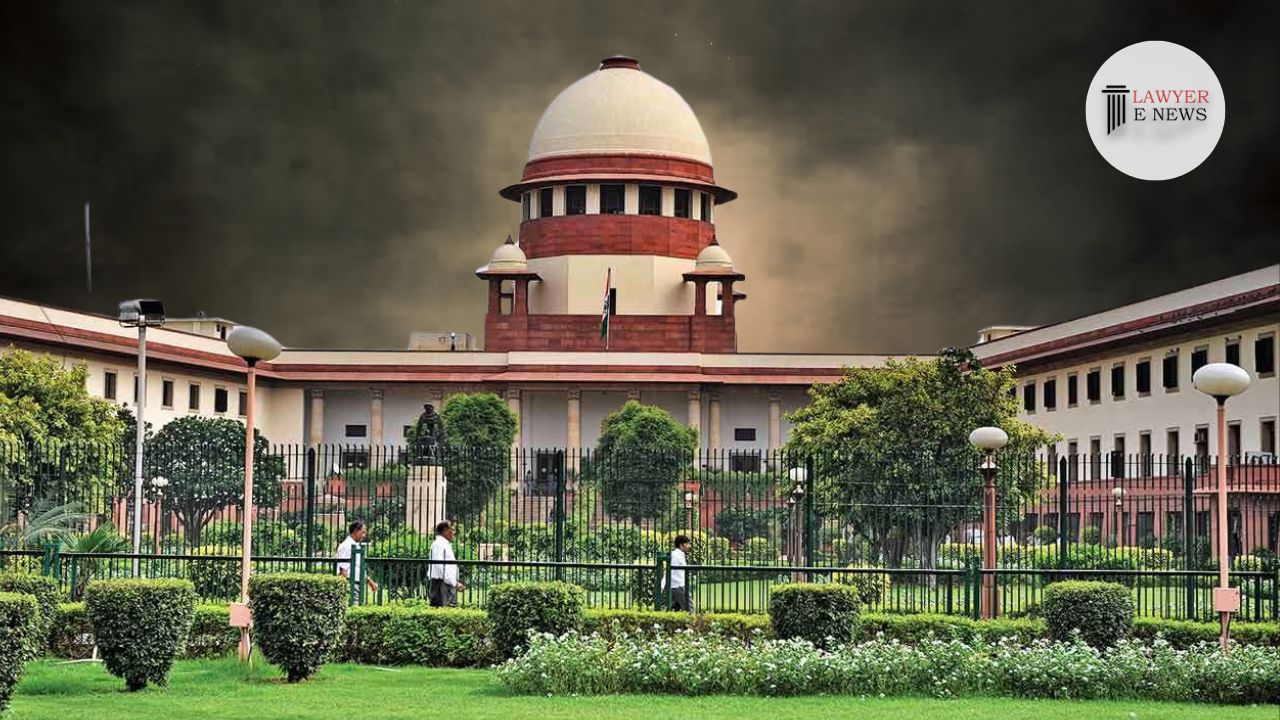-
by Admin
15 February 2026 5:35 AM



In a recent judgment, the Supreme Court of India provided clarity on the classification of certain products under the Kerala Value Added Tax (KVAT) Act, 2003. The case involved the classification of Mosquito Mats, Coils, and Vaporizers; Mortein Insect Killers; Harpic Toilet Cleaner; Lizol Floor Cleaners; and Dettol Antiseptic Liquid.
The appellant contended that the products should be classified under Entry No. 44(5) (insecticides) or Entry 36(8)(h)(vi) (medicaments) of the KVAT Act. However, the Commissioner of Commercial Taxes rejected these claims, and the High Court upheld the Commissioner's classification.
After examining the relevant entries in the KVAT Act, the Supreme Court ruled that Mosquito Mats, Coils, and Vaporizers; Mortein Insect Killers should be classified under Sl. No. 66 of Notification SRO 82/06 dated 21.01.2006 as "Mosquito Repellants," attracting a tax rate of 12.5%.
Similarly, Harpic Toilet Cleaner and Lizol Floor Cleaners were classified under Entry 27(4) of Notification SRO 82/06, with a tax rate of 12.5% applicable to these products.
In the case of Dettol Antiseptic Liquid, the Supreme Court held that it should be classified as a medicament under Entry 36(8)(h)(vi) of Schedule III of the KVAT Act, attracting a tax rate of 4%. The court considered the active ingredients and dominant use of Dettol, emphasizing its therapeutic and prophylactic properties.
The Supreme Court also referred to the decisions of the Guwahati High Court and Rajasthan High Court, which had classified Dettol as a drug under their respective VAT Acts. The court upheld these decisions.
In its judgment, the Supreme Court reiterated the principles of classification, including the plain meaning of taxing provisions, the burden of proof on the Revenue, resolving ambiguity in favor of the assessee, the overriding effect of specific entries over residuary entries, and resorting to the residuary entry as a last measure.
As a result of the judgment, the classification for Mosquito Mats, Coils, and Vaporizers; Harpic Toilet Cleaner; and Lizol Floor Cleaners was confirmed, while the classification for Dettol Antiseptic Liquid was set aside, classifying it as a medicament with a tax rate of 4%.
DATE OF DECISION: April 10, 2023
M/s Reckitt Benckiser (India) Ltd. vs Commissioner Commercial Taxes & Ors.
